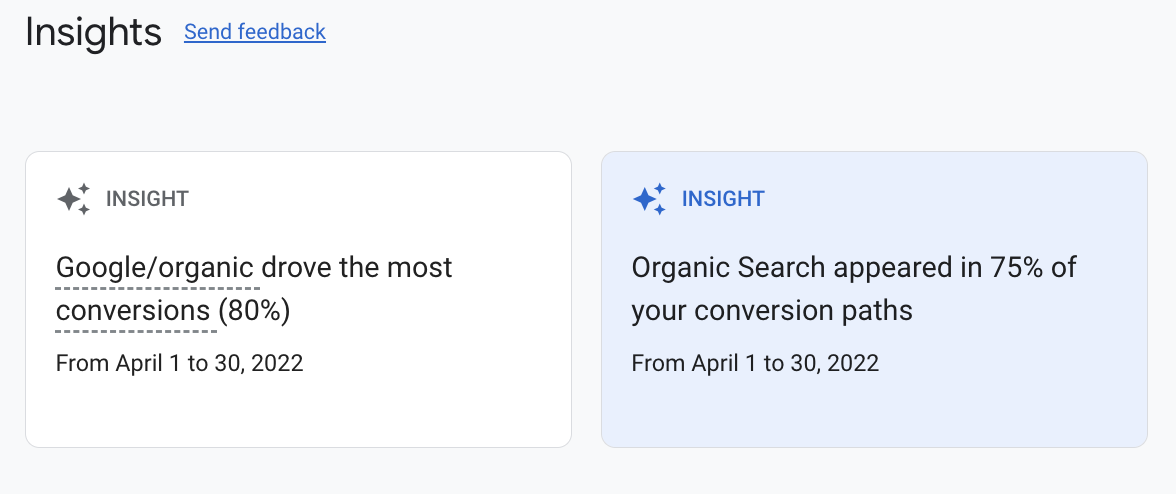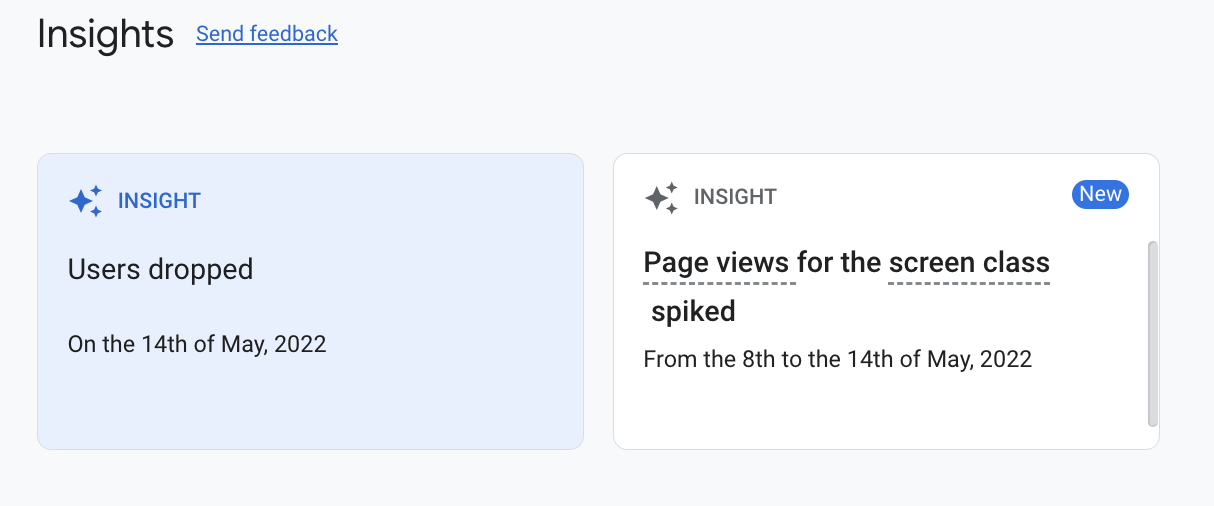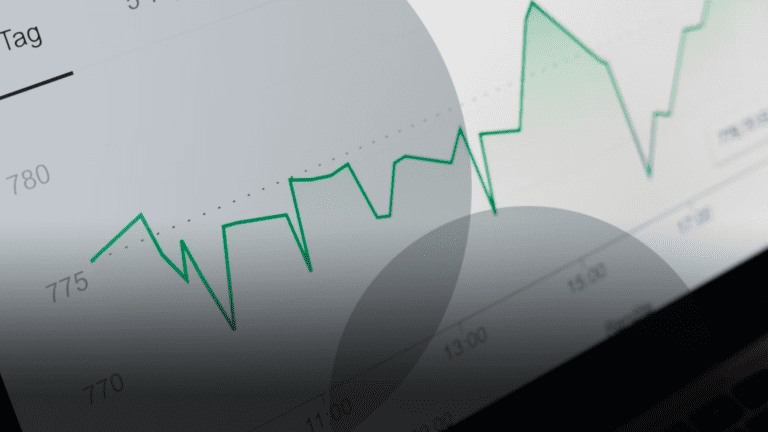
Anna Corbett
Director of Client Success
Anna is responsible for all client delivery, and is our resident data and analytics lead.

Artificial intelligence plays a vital role in Google Analytics 4. Here’s what you need to know before the final switchover to GA4 on July 1.
Stop someone on the street and ask them what they think when they hear “AI.”
You’ll likely hear a few answers. ChatGPT. Automation. Computers taking over the human race.
Many conversations about AI are warped by preconceptions. These range from sci-fi ideas about AI capabilities, to limited understandings of AI’s use based on specific services.
Artificial intelligence plays a vital role in Google Analytics 4.*
Forget ChatGPT and forget science-fiction. To understand AI’s role in GA4, you need to understand exactly what Google is using it for, and how it can help you.
*If you haven’t already made the switch to Google Analytics 4, time is running out – Google’s old reporting platform, Universal Analytics, discontinues on July 1, 2023. Speak to me now if you need help in transitioning over.
One of GA4’s most significant new features is its AI-driven “Insights” panel.
GA4’s AI Insights can automatically identify opportunities and surface insights from your data that would be difficult to identify manually. It can also identify trends and predict irregularities.
These insights can help you better understand your customers’ behaviour. By leveraging GA4’s AI-driven insights, you can make more informed decisions and get ahead of the competition.
Here are some examples:


This use of AI was introduced to help fill the gaps in analytics data that third-party cookies left behind.
Cookies are small blocks of data which are used to track individual users. There are two types of cookies, first-party cookies and third-party cookies.
Third-party cookies have become heavily regulated in recent years.
As of 2019, UK law requires webpages to get explicit permission from users before tracking them using cookies. By 2020, restrictions like these had led to a 40-60% drop in recorded sessions across many of the sites we were reporting on.
Restricting third-party cookies is a step forward for online privacy, but it has left data giants like Google playing catch up. This is where the predictive ability of GA4’s AI Insights now plays a crucial role.
It is essential to start using GA4 sooner rather than later to ensure a seamless transition and continued access to valuable data. However, it’s also important to understand its limits.
Everyone is talking about AI, but to use it effectively, it’s vital to understand its particular uses in different contexts.
GA4’s AI does not mean that your analytics will be able to run itself automatically, that human input can be cut out, or that robots are coming for your job. In GA4’s case, AI works as a partial solution to the huge gap in user data that third-party cookies have left behind, helping users gain more insights with less data.
For more help making sense of Google Analytics 4 and your website data, read about our Analytics & dashboards services or email me at [email protected].

Director of Client Success
Anna is responsible for all client delivery, and is our resident data and analytics lead.
View my other articles and opinion pieces below
Google’s Performance Max just got a major upgrade. Anna Corbett breaks down how new channel-level reporting helps you make smarter, data-driven decisions about your ad spend.

Base Creative’s Anna Corbett explains how we use AI to boost campaign performance, from analytics to client conversations – without losing the human touch.

On 1st July, Universal Analytics will stop processing data. UA will be permanently replaced by Google’s new reporting platform, Google Analytics 4. To help you prepare for this transition, we have compiled all of our GA4 information into one place, ranging from guides to FAQs and deep-dives into specific features including cookie-less tracking, API quotas […]

Imagine your next digital marketing campaign. Your mind probably went straight to what you’d like to achieve. Maybe you want to: This is where you need to ask “why?” Why do you want to increase your paid ad conversions? Why does your CEO need more followers? Why do you want more site visitors? “What do […]
